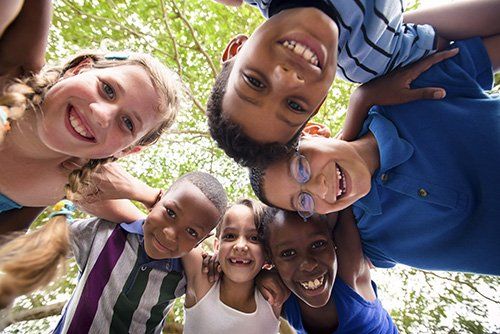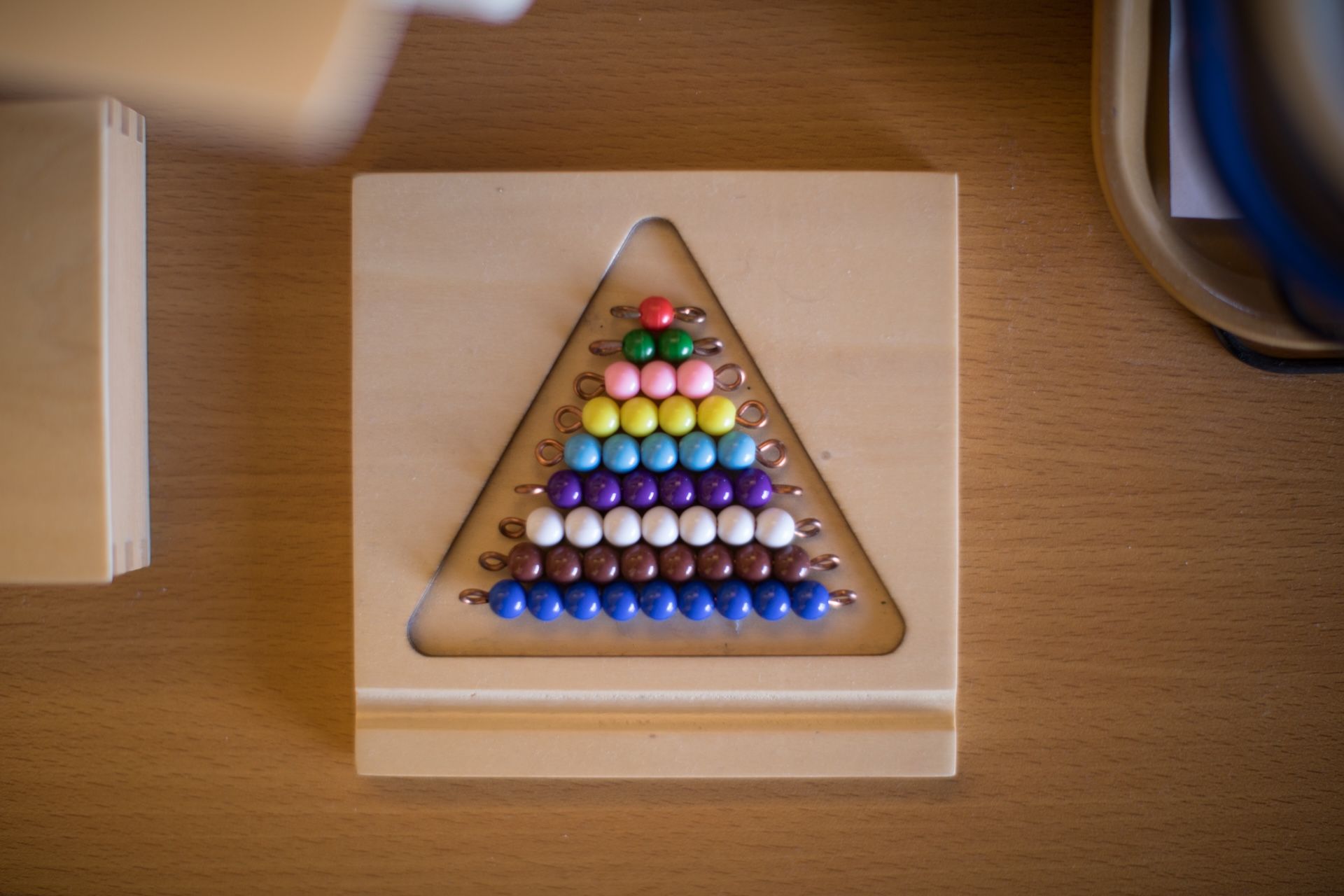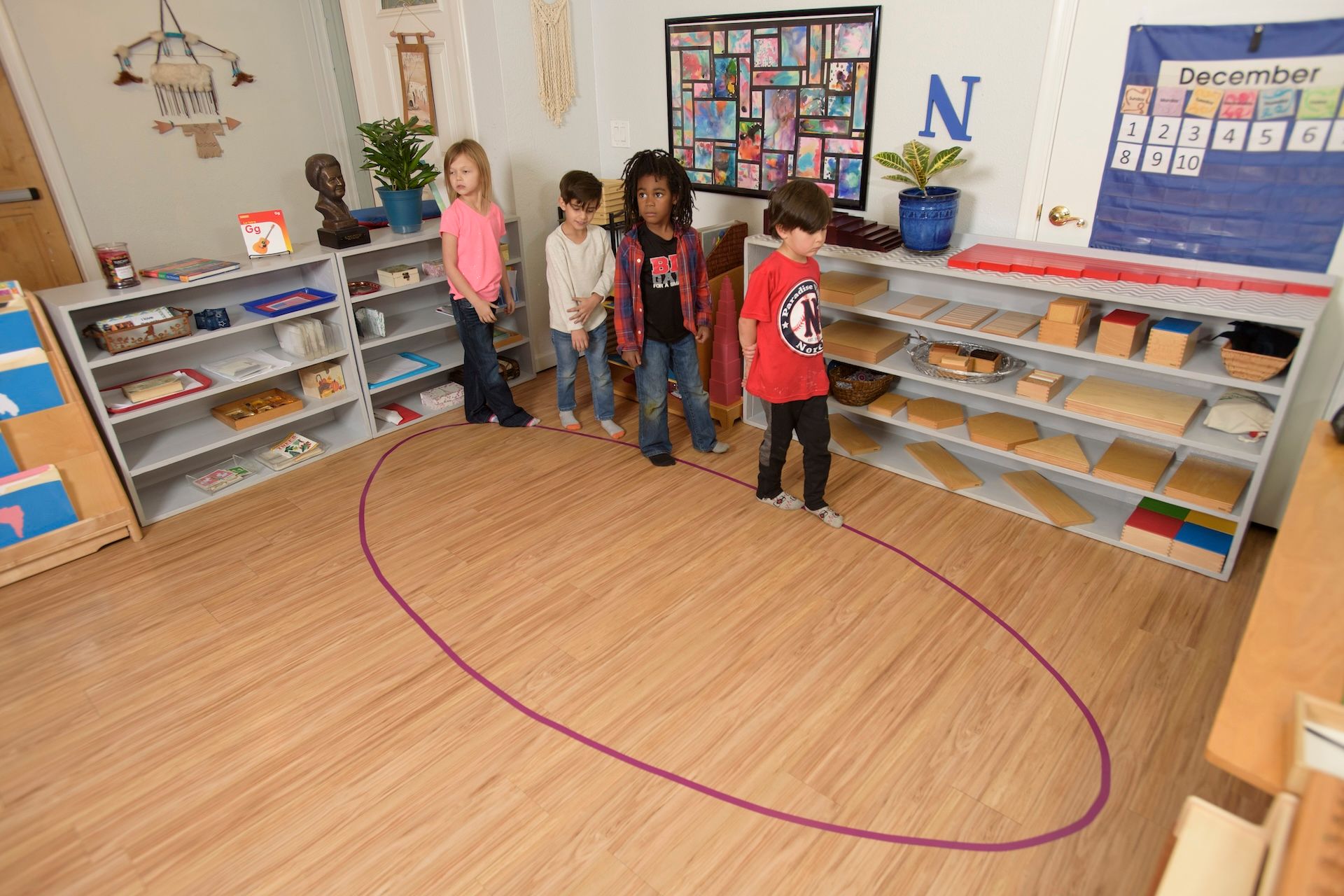Learning how to interact with people and have healthy relationships is a huge part of a child’s education. When they start school, children really start to develop their social network, make friends, and start to understand the complexities of human interaction. Understandably, this is a big consideration for parents looking at schools and trying to make a smart choice. Fortunately, Montessori education has significant benefits for social development.

Conquering Executive Functioning & Control
Researchers have compared student outcomes in school lottery programs to try and get a real understanding of the differences in children’s outcomes from different educational methods. Any study of schooling has to be done at random to control for parental influence, which is still the most significant factor in a child’s successful development. But the results have been remarkable. In both 5 and 12-year-old participants, Montessori students do better on tests of executive functioning (like following complex and changing rules). Learning these skills is a critical piece of navigating the confusing and fluctuating world of interpersonal relationships. It’s also extremely important to building personal independence and is a predictor of future success. Executive functioning and executive control (the ability to make decisions about how to do things and carry them out successfully) are tied together in generating independence. Gaining this understanding at a very young age primes Montessori children for more social success, from professional networking to friendships and intimate relationships as adults.
Peer Learning in Multi-age Classrooms
Young Montessori kids also have a much stronger sense of fairness and justice than their peers in other types of classes. These understandings are made evident when students interact in unstructured environments, like running around at recess or playing in groups at a park. Kids with a Montessori background are better equipped to handle different types of conflict in constructive ways. The reason is simple. In a Montessori classroom, the hierarchy is entirely different. The teacher is still a figure of authority but the line is not drawn so distinctly as it is in traditional education. Multiage classrooms use a “peer learning” model, where children observe and then copy each other engaging in activities. They feel secure and capable in their instruction, which further builds confidence. As a result, these kids are much more likely to have positive interactions on the playground. In addition, the classroom environment encourages and highly values communication and respect for everyone’s individual contribution.
Emotional Intelligence & Social Impact
Relating to others in an assertive, positive way is a tangible benefit of the Montessori model. Children feel that their input is valuable and their words have meaning, even when they are small. This important piece of a child’s confidence goes unrecognized in traditional education but is a point of focus in Montessori development. These differences make Montessori children more successful on tests relating to social skill and in an observable way. The positive and respectful atmosphere in a Montessori classroom comes during a critical period in a child’s development and has the potential to build future leadership. The social impact of Montessori education is profound and makes this method a great choice for parents concerned about socializing their kids.
The post Better Social Skills from Montessori Learning appeared first on Pebblecreek Montessori.
Hours
MONDAY - FRIDAY
HALF DAY: 8:30a – 12 noon
ACADEMIC DAY: 8:30a – 3:30p
EARLY CARE: 7:00a – 8:30a
AFTER CARE: 3:30p – 6:00p
OFFICE: 8:00a - 4:00p
Programs
Connect
Pebblecreek Montessori




